Math activities for kids begin early in life, even before arithmetic and multiplication. Children start exploring math concepts like shapes, sizes, weights, and more from birth. Preschoolers then move on to learning numbers, shapes, and counting. Fun math activities for preschoolers can help improve math skills beyond school.
Learning math early on helps children build a solid foundation for their academic journey and personal growth. These skills are not only useful for math-related tasks but also for navigating everyday situations.
Mathematics plays a key role in cognitive development by enhancing critical thinking, problem-solving, and reasoning skills. It encourages children to approach problem-solving logically and analytically, while also improving their ability to recognize patterns.
Learning mathematics is essential for building a strong foundation for future learning, similar to learning to read and write. Children must first grasp basic mathematical concepts and understand their real-life applications before moving on to more complex topics like arithmetic.
Mathematics is used in everyday life, from calculating grocery bills to measuring ingredients for baking. By developing a strong foundation in math, children can apply these skills to various aspects of their lives.
10 Playful Math Activities for Preschoolers
- Shape scavenger
Select a shape to concentrate on, like a circle. Challenge your child to a race to locate all the circular items in the house. Take a few minutes to collect the items in a pile. Purposefully pick up items that are not the correct shape and have your child identify their shape. Then, count together to determine who gathered the most correct items. This activity helps with recognizing shapes and counting.
- Make a number collage
Get old newspapers and magazines, child-safe scissors, glue, and paper. Let your child find numbers or a range of numbers and cut them out. Paste them on the paper to make a number collage. You can also ask them to look for objects with specific shapes or colours to make them more interesting. This will help improve their number and shape recognition skills.
- Pattern building
Utilise coloured blocks or items for this task. Begin a sequence using the blocks. For instance, you could make a red-blue-red-blue sequence. Then, have your child carry on with the sequence. You can adjust the difficulty level based on how intricate the sequence is. You can also have your child come up with their own repeating sequence. This exercise helps develop pattern recognition abilities.
- Measuring Objects
Provide your child with a ruler or measuring tape and various objects of different sizes. Let them measure each object (decide whether to measure length, width, or height) and record the results on paper. Afterwards, they can compare the measurements to determine which object is the longest, shortest, widest, tallest, etc. They can also arrange the objects in order from smallest to largest or vice versa. This activity helps with number recognition, measuring skills, and understanding math comparisons.
- Cooking and baking
Discover a simple recipe and include your child in the cooking or baking. Let them measure the ingredients, weigh items, mix everything, use the timer, and more. Enjoy the finished product together as a treat. This activity helps with measuring, fractions, and counting abilities.
- Make a chart

Make a graph with your kid. Have them write their top snacks, colours, toys, or anything else on the bottom line. Then, put the numbers 1 to 5 on the side to show how much they like each thing. Let them draw to show their preferences. This will help them practice making graphs.
- Number hop
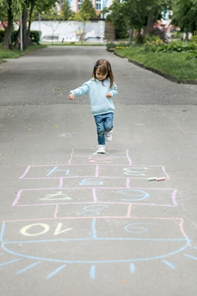
Place a row of numbers on the ground from 1 to 10. Say a number and have your child jump to that number. You can make it harder by asking them to solve basic addition and subtraction problems before hopping to the correct answer. This game helps with recognizing numbers and practising math skills.
- Estimation jar
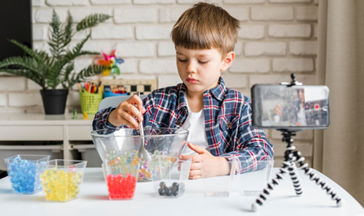
Put small items in a jar. Have your child guess how many without counting. You can guess too. Then, pour them out and count together. See who was closer. This helps with estimating, counting, and understanding ‘few’ and ‘many’.
- Measurement scavenger
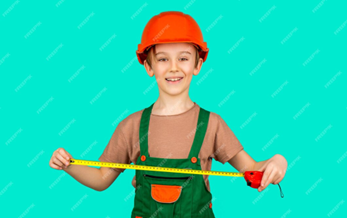
Select an item for comparison. Have your child find items in your house that are longer, shorter, heavier, lighter, bigger, smaller, etc. than the chosen item. They can compare each item to the chosen one and arrange them based on the specific characteristic. This task helps develop estimation and ordering abilities.
- Marshmellow tower
Have your child use marshmallows and toothpicks to build the tallest tower they can without it falling. This will help them develop their engineering and physics skills while being creative with their structures.
There are lots of activities to practice math skills in a fun way at this age. For example, counting apples in your cart can help kids understand math better. You can also do these activities at home with your child to improve problem-solving and logical thinking skills, getting them ready for school. At Mother’s Pet Kindergarten, we create a fun-filled environment that will help your child learn the concepts of numbers and calculation and much more. Learning in such a positive environment ensures the child grasps the concepts better which will help them in their future academic life.
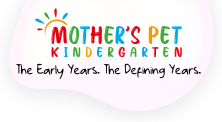



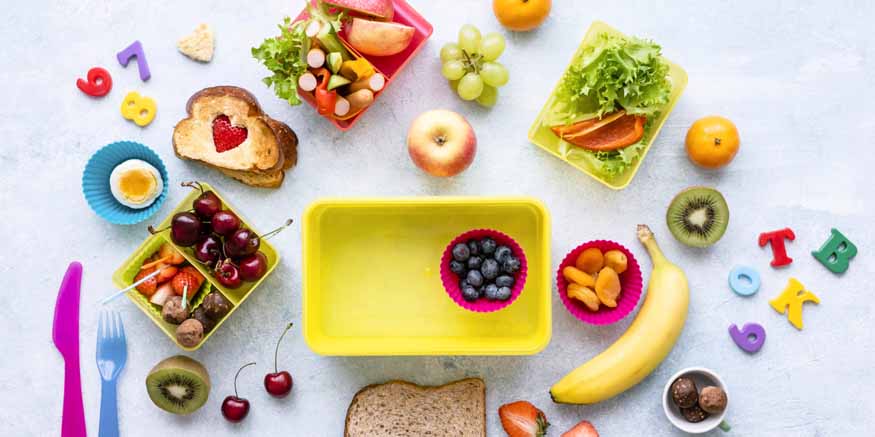
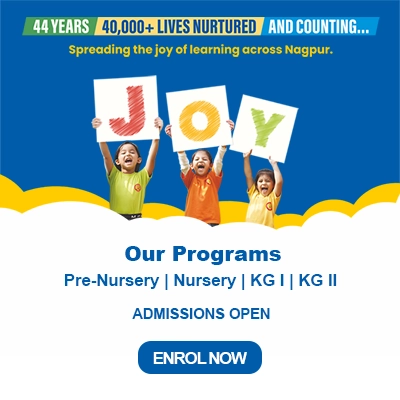
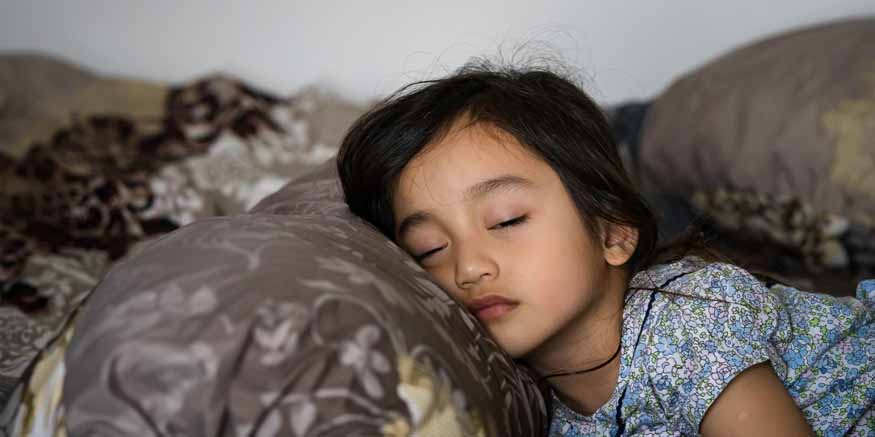
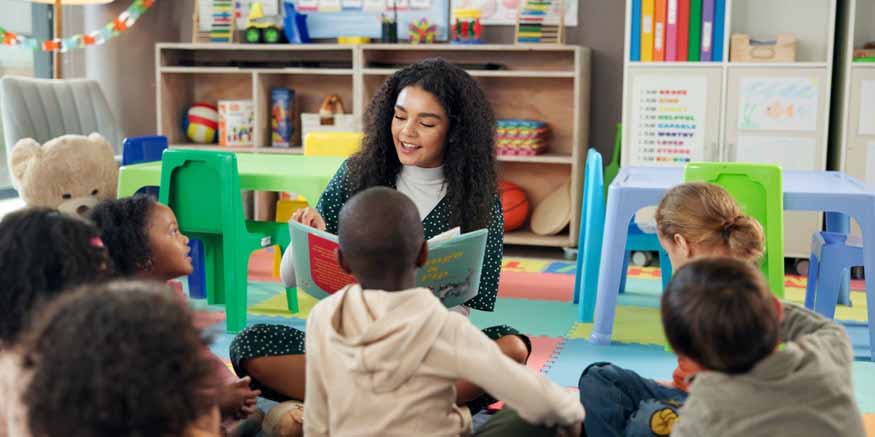
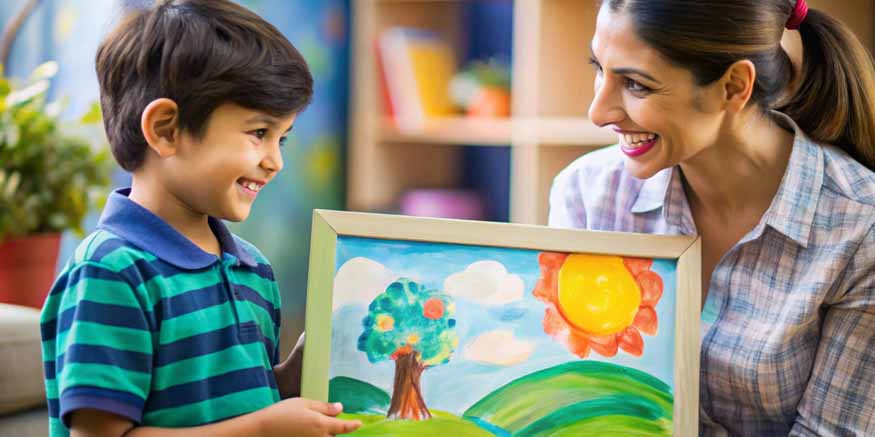
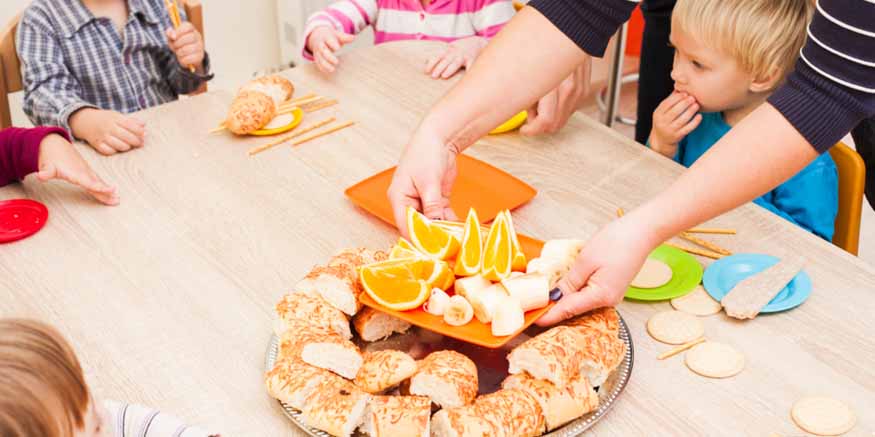
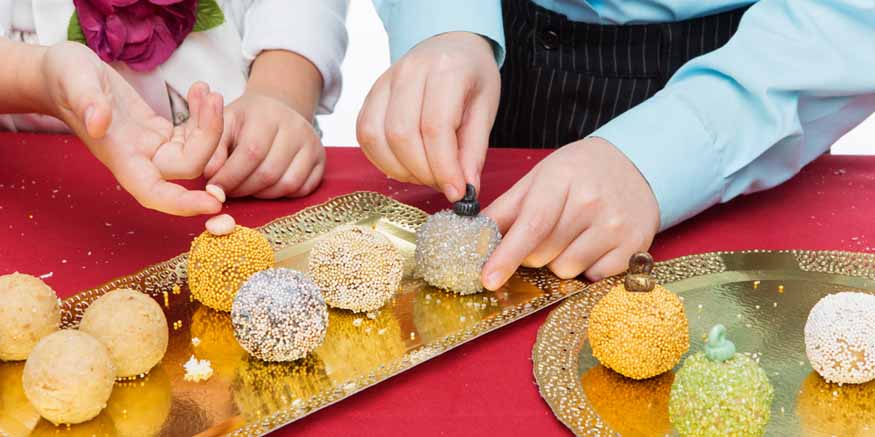
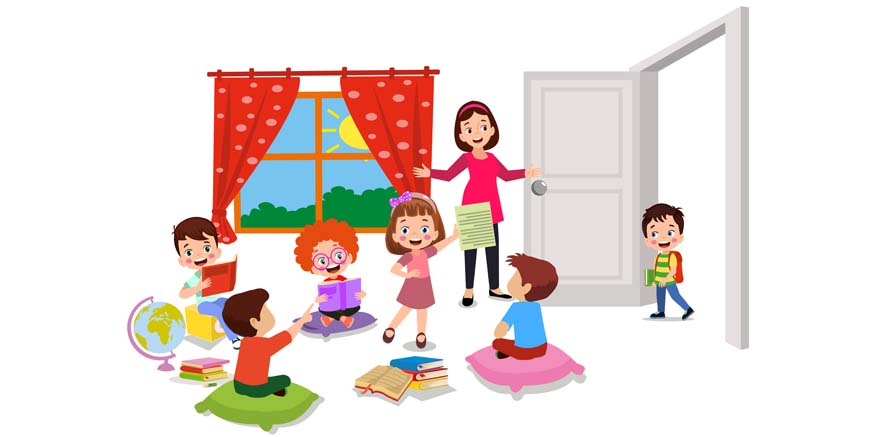
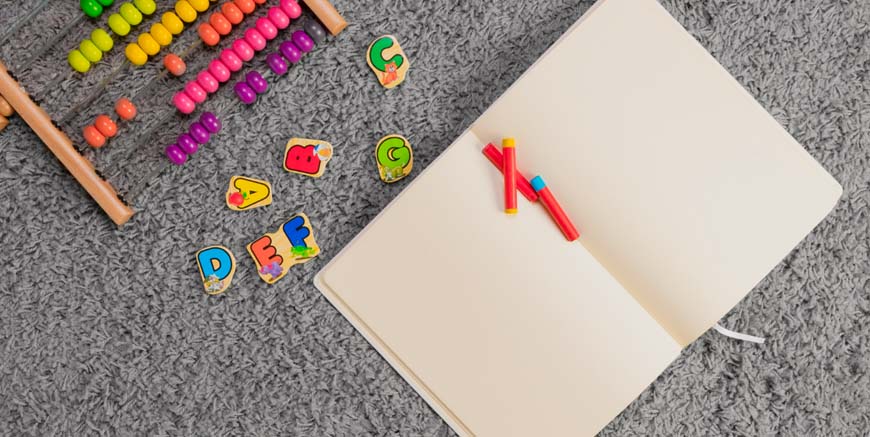
Recent Comments